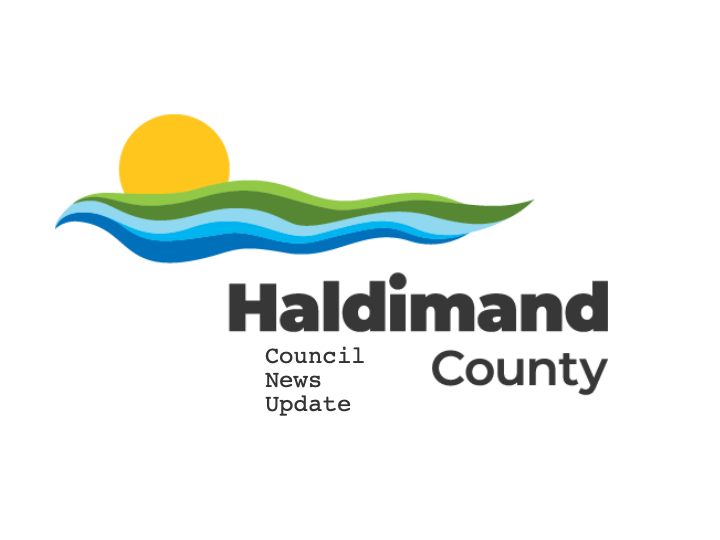
By Mike Renzella
The Haldimand Press
HALDIMAND—Recently, the provincial government passed two bills that changed the Planning Act, allowing for municipal governments to delegate decision-making authority to County staff for a number of minor issues. This includes temporary use bylaws, the removal of holding provisions, and minor variances.
“The intention with the revisions is to streamline the process to make it quicker and easier for planning as a whole. Haldimand County has implemented some of these streamlined processes already, such as the removal of the holding provision,” said Shannon VanDalen, Manager of Planning and Development for the County.
A holding provision shows that a plan is approved in theory, but notes a certain requirement to be met before the plans move forward. The changes VanDalen referred to relate to any holding provisions set by Council, allowing the Manager of Community and Development Services to remove the provision without the need to return to Council.
“A lot of other municipalities don’t have that kind of structure in place,” said VanDalen.
County CAO Craig Manley explained the difference between the delegate authority already used by County staff and the new changes being proposed: “This is an important discussion and it’s an important matter…. The delegated authority you’ve given Mike (Evers), or myself, has typically to date related to technical matters that relate to after a decision has been made by Council.”
He continued, “What this is proposing is staff making land-use decisions on minor matters. One of the challenges will be defining ‘what is a minor matter’…. If you’re comfortable with staff making minor decisions on principal of use matters, then there’s got to be some very clear boundaries…. If there’s an objection it should automatically be brought to Council.”
VanDalen explained that although the changes would transfer some authority away from Council, they would still have to approve a subsequent bylaw that would “delegate the authorities down,” which would allow for a system of checks and balances to remain in place, maintaining a “transparent and clear process.”
“The items we would be looking at are minor zoning amendments, applications, and temporary use bylaws,” added Manager of Community and Development Services Mike Evers. “It can be as broad, as narrow asCouncil desires. If it’s narrow, obviously, it would not benefit that many people. Temporary use bylaws are not dealt with very often; we would have maybe four a year at the most from my experience.”
Manley said the changes would be most beneficial in scenarios such as Council’s summer recess, or in instances of a lame duck Council.
“I don’t want to give the sense that this will make a significant difference in terms of the way we operate in terms of business. There’s really only a handful of times a matter can’t get to Council in a relatively quick manner…. Don’t expect that it’s going to significantly impact how quickly we deal with things,” he said.
Evers added that the County is still waiting for further clarification from the provincial government related to the proposed changes: “The Province has indicated there still has to be a public meeting. We’re not really sure what that looks like.”
Mayor Ken Hewitt supported the motion. He said, “We all want to find ways to streamline the process to make sure applications get through as fast as possible. I also think we have a responsibility as well to make sure these applications meet certain thresholds and criteria. Elected Council should know what those criteria are.”
Council voted unanimously to accept the report. Staff will report back to Council with more information and a more in-depth look at options for potential changes at a later date.





